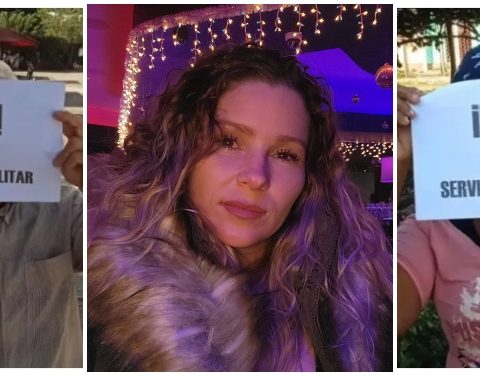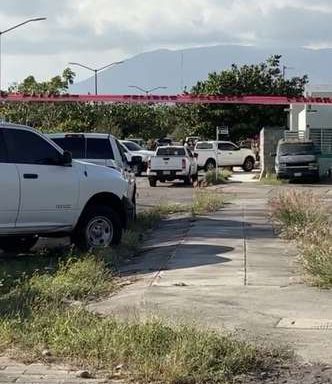In recent weeks, the current situation of drug supply in Colombia has been in the public eye. Different voices from the sector have given their views regarding the events, which according to the Minister of Health and Social Protection, Carolina Corcho, “Is not a new problem” and in addition, it ensures that one should not speak of shortages, but of scarcity.
(Government admits drug shortages but denies shortages).
According to the portfolio manager, “with the pandemic, medicines out of stock increased greatly at the international level” by factors such as the paralysis of supply systems, international transport and the collapse of logistics chains.
And although one can speak of a shortage of medicines, and also supplies, the Colombian Association of Hospitals and Clinics ACHC, conducted a survey of a group of 135 hospitals and clinics in the country, where 89% warn that they are presenting this shortage of medicines.
Similarly, the total percentage of the institutions that reported the insufficiency, estimated that 57.5% have had shortages in acetaminophen, 33.3% in tramadol, 25% in sterile water, 20.8% for dipyrone and 15. 8% in human immunoglobulin.
Among other medications, problems were reported with the vitamins (15.8%), calcium carbonate + vitamin D (15.0%), neostigmine (14.2%), lidocaine (14.2%) and potassium chloride (13.3%).
(What about the drug supply in the country?).
It is estimated that the shortage of supplies occurs in catheters, needles, cannulas, endotracheal tubes, flow equipment, electrodes, bags, syringes, masks and sutures. “The scarcity of supplies worries us because they are crucial for the adequate provision of hospital services, taking into account that the reservation times reported by the institutions are short”warned Juan Carlos Giraldo, general director of the ACHC.
Likewise, the association assures that the supplies and medicines with the highest shortage report have generated an average increase in prices between 7% and 15% in supplies and between 30% and 47% in medicines.
For its part, the Colombian Association of Comprehensive Medicine Companies (Acemi), reported that in its EPS, between April and June of this year, shortages were reported in a total of 2,628 products.
According to the union, acetaminophen deliveries fell 28.9% between January and July, going from a demand for 8 million pills, to the delivery of 6 million. Likewise, it is ensured that the delivery of this medicine is 73.3%.
(Minsalud requested to prescribe generic contraceptives in the event of a shortage).
Given the situation presented, Paula Acosta, executive president of Acemi stated that “We are concerned about the impact on citizens’ pockets. In some cases, the medicine is obtained through the commercial channel, and not through the institutional channel. Users end up paying out of pocket for drugs.”
Press conference of the Minister of Health of Colombia, Carolina Corcho.
EFE
The causes of shortage in the country
According to the Minister of Health, “This shortage is related to changes that occurred during the pandemic and that the market has had a hard time resolving quickly, especially with the increase in demand.”
(The proposal of the Ministry of Health in the face of a shortage of medicines in the country).
However, for the Chamber of the Pharmaceutical Industry and the Andi Health Assurance Chamber, Some of the problems identified are in the logistics chain at a global level, the difficulties that substitute products reach the patient and the delays in the sanitary procedures of Invima.
BRIEFCASE
















